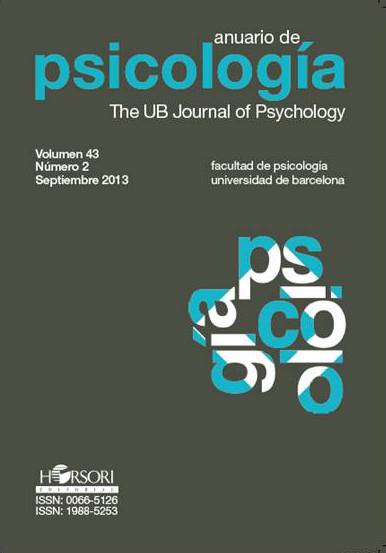Considerations about the child assessment: Challenges and proposals
Keywords:
child assessment, validity, reliabilityAbstract
To perform an accurate and valid psychological assessment implicates a great challenge and it is one of the first problems scientists in psychology are worried about, since most psychological constructs cannot be measured directly, but they require a stimulus to make them appear, which leads to a strict analysis of the validity and reliability of said measures. This challenge increases in the operationalization of psychological constructs in infancy, specifically in the development of objective self-administered instruments. To the psychometric requirements in every psychological assessment, the methodological difficulty must be added, which is given by the particular developmental stage of the child, such as: Greater distractibility, reduced capacity for introspection, less developed language and reading comprehension skills (in the case of verbal paper-and-pencil instruments). The objective of this work is to propose different elements which are involved and to consider in the building of an instrument of child assessment, presenting two examples of operationalization of the personality and the prosocial moral reasoning constructs in infancy. Some difficulties in the process of building the instruments and the solutions to improve them are analyzed through various forms of stimuli and kinds of response according to the age of the child.Downloads
Published
2013-09-01
Issue
Section
Articles
License
The authors who publish in this journal agree to the following terms:
Authors transfer to the publisher all copyright for the full term of protection and for all the world.
The authors can post a copy of their articles in accordance with the policy of free access to the journal.


